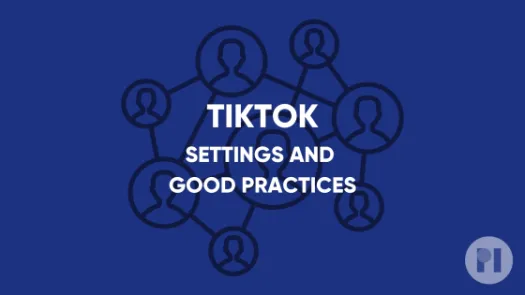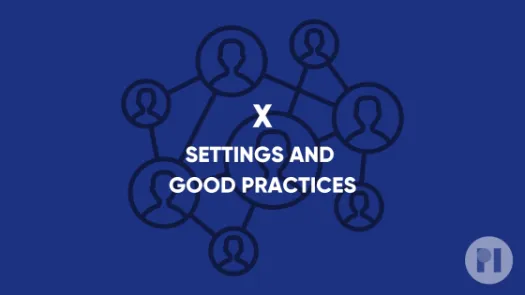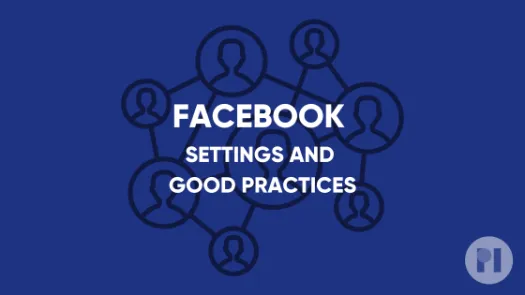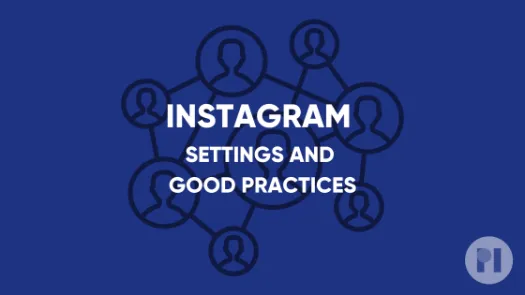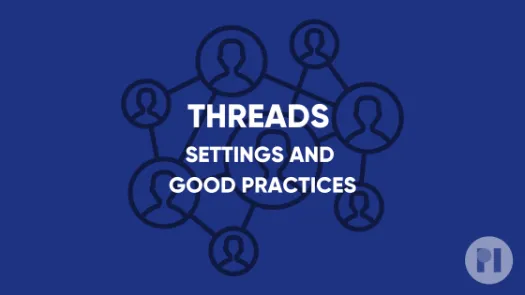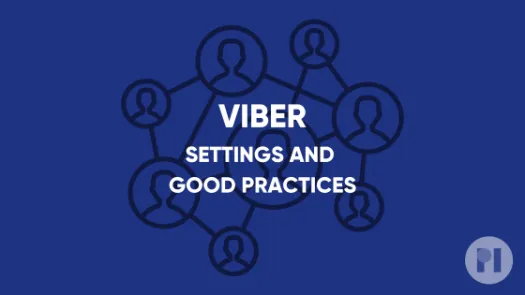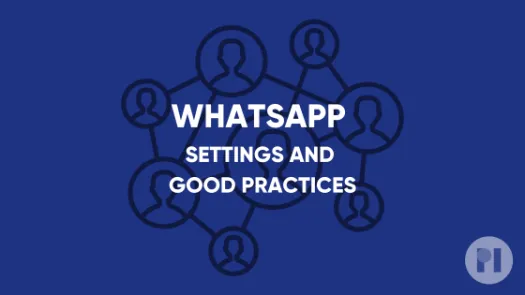Social media and messaging apps
Guides about settings and practices that can provide you with greater control over your data when using social media and messaging apps.
Social media and messaging platforms are designed for frictionless use and quick set up. As a result, they're often not often privacy-friendly out of the box.
These guides help you navigate important settings you can use that can be buried or turned off by default. You can limit who sees your posts, manage sessions on multiple devices, turn off data sharing, or enable stronger authentication.
These quick steps help you reclaim some control over the data you share both with and within these platforms.
However, the platforms are the ones who decide which choices you may make. We pressure these companies continuously to limit collection, protect your data by default and to give you greater control.

